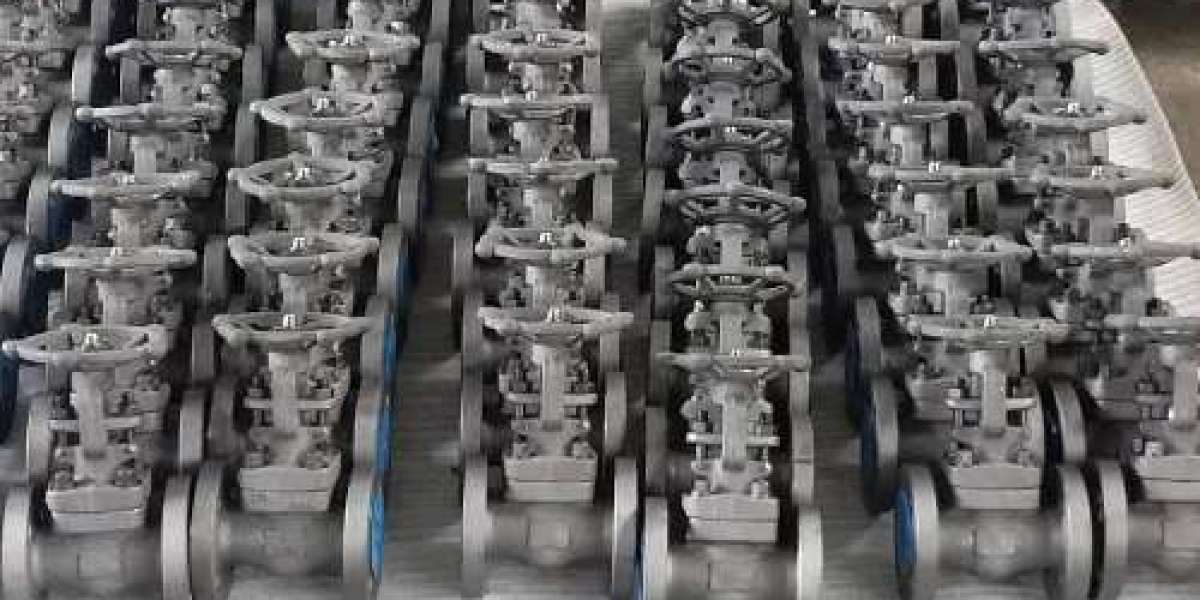Managing data effectively has become a critical challenge for organizations of all sizes. With an increasing reliance on remote work and the daily occurrence of cybersecurity threats, businesses are searching for solutions that provide reliable data accessibility and airtight security. Enter the NAS system—a technology that is transforming the way companies secure and access their data.
This blog will explore how a NAS (Network Attached Storage) system plays a pivotal role in modern data security and supports remote access. Whether you're a growing organization or an enterprise managing vast volumes of data, this guide will help you understand why enterprise NAS systems are indispensable in today's digital landscape.
What is a NAS System?
Before we explore its benefits, let's first clarify what a NAS system is. A NAS system is a data storage device connected to a network that allows authorized users to store and retrieve data from a central point. Unlike external hard drives, which store data locally on a specific device, a NAS system provides network-wide access to data.
Enterprise NAS systems amplify this capability with enhanced storage capacity, robust security features, and specialized tools for managing vast data loads, making them ideal for business environments.
Key Features of a NAS System
- Centralized Data Management: All files and data are stored in one central space, accessible to authorized users.
- Data Redundancy: Enterprise NAS systems often utilize RAID (Redundant Array of Independent Disks) configurations to ensure that data is not lost, even if one drive fails.
- Accessibility: Users can access files from anywhere with the proper credentials, making it a practical solution for remote work.
- Scalability: Businesses can expand storage as their needs grow without a complete overhaul of their system.
How NAS Systems Enhance Data Security?
1. Built-In Redundancy for Reliable Data Backup
Data redundancy is one of the key pillars of a NAS system's security. Through RAID configurations, NAS systems store duplicated data across multiple drives. This feature ensures that even if one drive becomes compromised or fails, no data is lost. For businesses juggling sensitive information, this built-in backup system is an added layer of reassurance.
2. Advanced Encryption for Confidentiality
Most enterprise NAS systems come equipped with encryption tools to secure data against unauthorized access. Data encryption translates sensitive information into a secure format that can only be decoded by an authorized entity. Whether data is at rest within the system or being shared, encryption ensures confidentiality.
3. Role-Based Access Control
With a NAS system, businesses can implement role-based access control (RBAC). This means specific files or folders can only be accessed by certain individuals or teams. By assigning roles and permissions, organizations can prevent accidental data breaches and keep confidential information secure.
4. Protection Against Cyber Threats
Cybersecurity threats—like ransomware attacks—are one of the greatest risks businesses face today. Many enterprise NAS systems include built-in antivirus software, intrusion detection, and other security protocols to provide robust protection against digital threats.
5. Automated Snapshots for Instant Recovery
NAS systems often include the capability to take "snapshots" of stored data at predefined intervals. If data is accidentally deleted or becomes corrupted, businesses can restore it to a previous version in seconds. For companies handling large volumes of critical data, this is a game-changing feature.
Improving Remote Access with Enterprise NAS
1. Anytime, Anywhere Data Access
Remote work is no longer a trend—it’s the norm. Enterprise NAS systems enable employees to access files securely from any location, as long as they have the right credentials. This ensures continuity of operations regardless of where teams are located.
2. Secure File Sharing and Collaboration
Unlike traditional email-based file sharing (which comes with risks of data interception), NAS systems offer secure, password-protected links for data sharing. Whether it’s real-time collaboration or large file transfers, these secure networks streamline workflows while maintaining security.
3. Compatibility with Virtual Private Networks (VPNs)
To further enhance remote access security, NAS systems can be configured to work with VPNs (Virtual Private Networks). A VPN encrypts data being transferred between the NAS device and the remote user, creating an additional shield against potential cyberattacks.
4. Mobile App Integration
Several NAS providers offer mobile apps that allow employees to access and manage files directly from their smartphones or tablets. This level of portability makes enterprise NAS highly practical for today’s digital workforce.
Why Choose an Enterprise NAS for Your Organization?
For businesses handling critical data or managing geographically dispersed teams, an enterprise NAS storage system is not just a convenience—it’s a necessity. Here’s why you should consider it:
- Scalable and Cost-Effective: Expanding NAS systems is cheaper than completely overhauling IT infrastructures, making them financially viable for businesses of all sizes.
- Compliance with Regulations: Industries such as healthcare and finance must adhere to strict data security regulations. A NAS system ensures you remain compliant by providing advanced encryption and access controls.
- Lower Downtime: With built-in redundancy and automated backups, NAS systems minimize downtime caused by data loss or corruption, ensuring business continuity.
How to Choose the Right NAS System for Your Business
With so many NAS systems available, selecting the right one for your needs can feel overwhelming. Here are a few factors to consider when making your choice:
- Storage Capacity: Assess how much data your business generates and choose a system with enough storage that can also expand as needed.
- Data Security Features: Look for systems with encryption, RBAC, and built-in antivirus options.
- Ease of Integration: Ensure the NAS system you choose is compatible with your existing software and infrastructure.
- Remote Access Capability: If your teams are remote, prioritize a NAS system that provides secure and seamless access from anywhere.
- User-Friendly Interface: Choose a system that’s easy to set up and manage, even for non-IT teams.
Future Trends in NAS Technology
The world of network-attached storage is constantly evolving. Some emerging trends businesses should keep an eye on include:
- Cloud-NAS Integration: Hybrid solutions that combine the accessibility of cloud storage with the security of on-premise NAS systems are becoming increasingly popular.
- AI and Machine Learning: Future-oriented NAS systems will likely adopt AI to predict storage needs and detect potential security threats more proactively.
- 5G-Enhanced Performance: With the rollout of 5G, data transfer speeds for remote access will be faster than ever before, making enterprise NAS systems even more efficient.
Leverage NAS Systems for Security and Growth
Implementing a NAS system might seem like a daunting task, but the long-term benefits far outweigh the initial effort. From safeguarding data to supporting remote teams and reducing IT costs, enterprise NAS systems are an essential tool for modern business operations.
Whether you’re a small startup or a large corporation, the integration of a NAS system will position your organization for growth in an increasingly data-driven world.
To learn more about how a NAS system can transform your business, or to explore industry-leading options, reach out to an expert today. Secure your data. Empower your team. It starts now.



